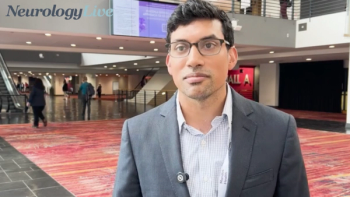
Joseph Vithayathil, MD, discusses being awarded the Elterman Research Grant at the 2025 CNS Annual Meeting in Charlotte, North Carolina.

Joseph Vithayathil, MD, discusses being awarded the Elterman Research Grant at the 2025 CNS Annual Meeting in Charlotte, North Carolina.
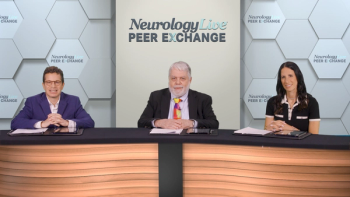
Panelists discuss how different FcRn inhibitors vary in administration routes, dosing schedules, and adverse event profiles, with efgartigimod offering cyclical therapy while nipocalimab provides maintenance dosing. Patients may respond differently to various agents, requiring individualized treatment approaches.

Panelists discuss how FcRn inhibitors work by blocking antibody recycling pathways while complement inhibitors prevent membrane attack complex formation at the neuromuscular junction, with both classes showing transformative efficacy but requiring careful patient selection and safety monitoring.
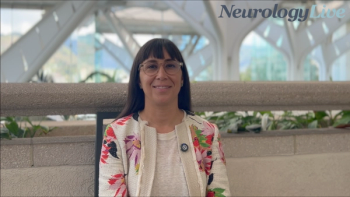
The associate professor and clinician-scientist at the University of Toronto spoke to the current understanding of protein waste clearance in neurodegeneration. [WATCH TIME: 4 minutes]
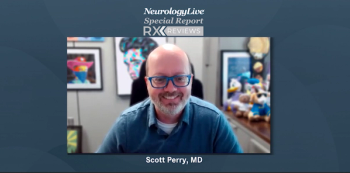
Epileptologist Scott Perry, MD, reviews findings from the early-phase Monarch and Admiral trials, highlighting zorevunersen’s dose-response profile, seizure reduction, and safety outcomes. [WATCH TIME: 3 minutes]

In this kick-off segment, epilepsy expert Scott Perry, MD, explains how zorevunersen uses antisense oligonucleotide technology to correct SCN1A gene expression and address the underlying cause of Dravet syndrome.
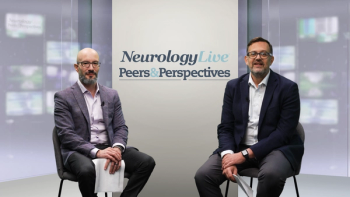
Experts discuss long-term management strategies for stable multiple sclerosis, including continuing current therapy, careful treatment discontinuation, de-escalation, and switching therapies, all tailored to individual patient needs to balance disease control with minimizing risks and treatment burden.

Experts discuss the infection risks associated with long-term anti-CD20 therapies in multiple sclerosis, emphasizing the need for careful monitoring, patient-specific risk assessment, and tailored de-escalation strategies to balance effective disease control with minimizing treatment-related adverse effects.
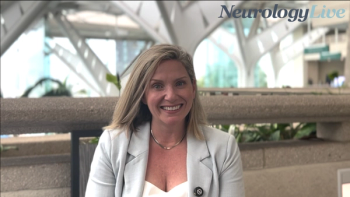
The chief of the Movement Disorders Division at Yale School of Medicine discusses the nuance around patient choice in Huntington disease testing and providing treatment regardless of confirmation. [WATCH TIME: 3 minutes]
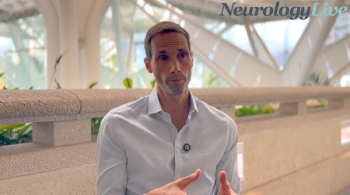
The chief medical officer of Gain Therapeutics discusses the challenges that are unaddressed with currently available treatments for Parkinson, and how investigational treatments like GT-02287 might address those needs. [WATCH TIME: 3 minutes]
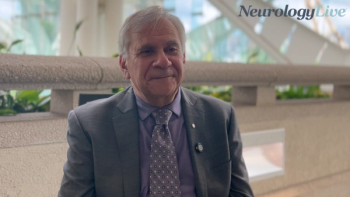
The neurologist at University of British Columbia discussed how breakdowns in brain organization and compensatory mechanisms may influence progression in Parkinson disease. [WATCH TIME: 5 minutes]
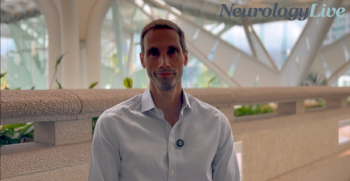
The chief medical officer of Gain Therapeutics discusses GT-02287, a promising treatment for Parkinson that has shown strong safety and tolerability in an ongoing phase 1 trial. [WATCH TIME: 3 minutes]
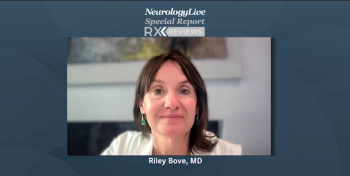
In this final episode, Riley Bove, MD, considers the next phase of MS research, emphasizing the need for innovative trial designs to address sequencing, discontinuation, and subgroup-specific treatment strategies.

In this clip, a multiple sclerosis expert reflects on how ofatumumab’s role has expanded since FDA approval in 2020, from first-line use to special populations, and what this means for daily practice.
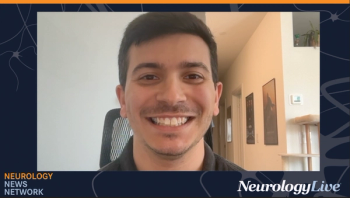
Neurology News Network. for the week ending October 4, 2025. [WATCH TIME: 4 minutes]

Riley Bove, MD, an associate professor of neurology at UCSF, breaks down the ARTIOS phase 3b trial results, highlighting the exceptionally low relapse rates, MRI outcomes, and safety findings in patients switching therapies.
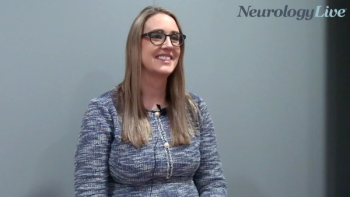
At ECTRIMS 2025, a staff neurologist at Cleveland Clinic discussed findings from an observational study on long-term safety risks of ocrelizumab in patients with multiple sclerosis. [WATCH TIME: 3 minutes]

In episode 1, Bove explores how ofatumumab, a B-cell–depleting therapy, stands apart from fingolimod and fumarates, and why its mechanism may offer distinct treatment advantages.

Panelists discuss how steroids, although effective, create significant treatment burden through immediate adverse effects such as GI issues and insomnia, long-term complications including bone loss and metabolic disorders, and the need for frequent monitoring and dose adjustments that impact both patients and health care providers.

Panelists discuss how current treatment follows a stepwise approach starting with symptomatic therapy (pyridostigmine) and progressing to immunosuppressive agents (steroids and nonsteroidal immunosuppressants), with thymectomy for select patients and consideration of targeted therapies for refractory cases.
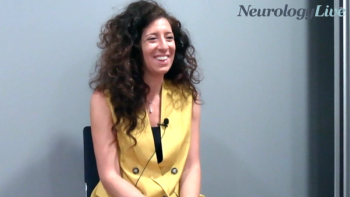
At ECTRIMS 2025, the postdoctoral research fellow at the University of Siena in Italy talked about how machine learning could classify multiple sclerosis into biologically distinct subtypes. [WATCH TIME: 5 minutes]
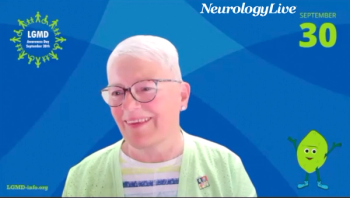
The founder of the LGMD Foundation provided context on the significance behind LGMD Awareness Day, an initiative dedicated toward uplifting the limb-girdle muscular dystrophy community. [WATCH TIME: 6 minutes]

Experts discuss the transformative impact of B-cell–directed and high-efficacy disease-modifying therapies in managing multiple sclerosis, emphasizing early initiation to prevent disability while balancing safety, patient preferences, and long-term treatment considerations to optimize outcomes.
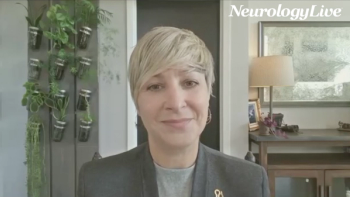
The vice president of scientific engagement at the Alzheimer’s Association provided clinical insights on the most major considerations and precautions clinicians should have about diagnostic and commercially available tests for suspected Alzheimer disease. [WATCH TIME: 3 minutes]
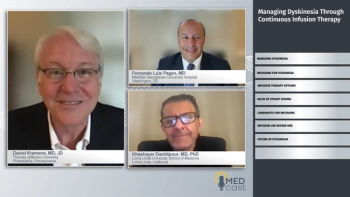
Panelists discuss the growing role of continuous infusion therapies in managing advanced Parkinson disease, highlighting their effectiveness in reducing motor fluctuations and dyskinesia, improving quality of life, and supporting individualized, long-term treatment strategies amid ongoing advancements in drug delivery and patient selection.
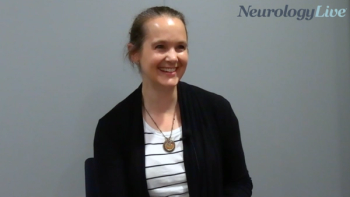
At ECTRIMS 2025, the associate professor of neurology at Yale School of Medicine talked about the 2024 diagnostic criteria, the preclinical phase of the disease, and progressive MS. [WATCH TIME: 3 minutes]
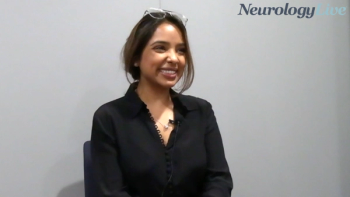
The executive director of The Sumaira Foundation (TSF) talked about TSF's research update and award ceremony held during ECTRIMS 2025. [WATCH TIME: 5 minutes]
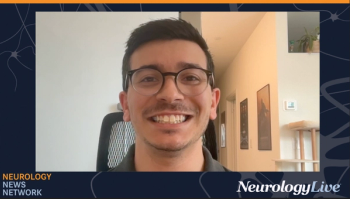
Neurology News Network. for the week ending September 27, 2025. [WATCH TIME: 4 minutes]
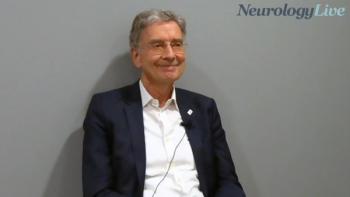
At ECTRIMS 2025, the professor of neurology at the University of Basel talked about the decades of progress in MS therapeutics and highlighted the need for comprehensive, early assessments for patients. [WATCH TIME: 4 minutes]
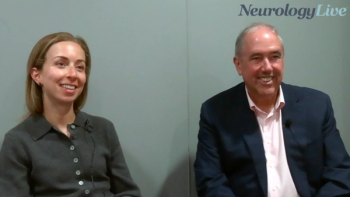
At ECTRIMS 2025, experts discussed using AI-powered unstructured data processing to enhance understanding of drug efficacy, safety, and patient outcomes in multiple sclerosis. [WATCH TIME: 3 minutes]